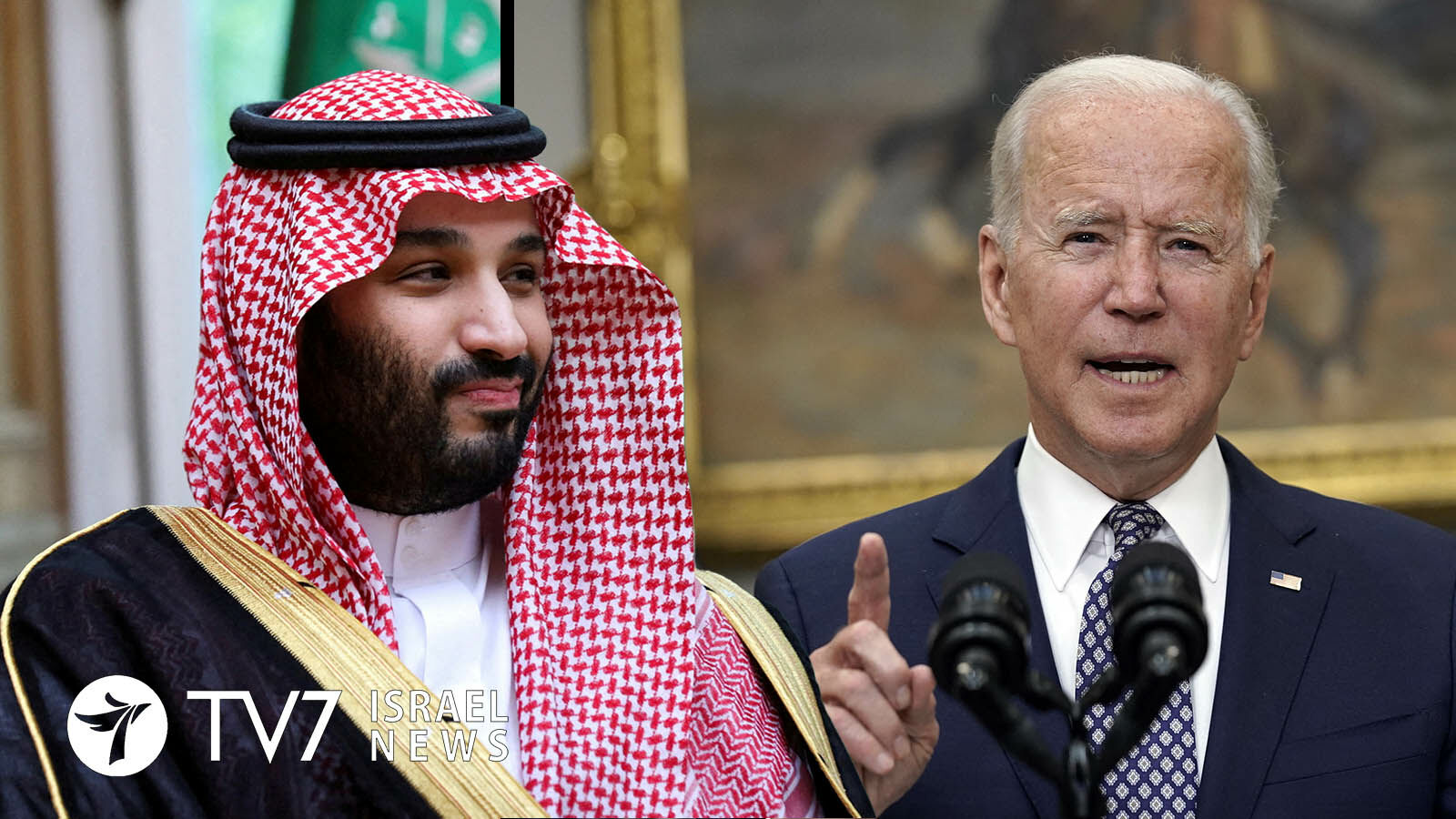During an interview with Al Arabiya English, Israeli Prime Minister-Designate Benjamin Netanyahu also pledged to achieve a “quantum leap” in peace between Jerusalem and Riyadh.
By Erin Viner
“The traditional (US) alliance with Saudi Arabia and other countries has to be reaffirmed. There should not be periodic swings, or even wild swings in this relationship, because I think that the alliance…is the anchor of stability in our region,” Netanyahu told the Saudi-owned website.
“I’m to speak to President Biden about it,” Netanyahu added, according to a published transcript of the interview.
The strategic partnership between the United States and Saudi Arabia kingdom has frayed under President Joe Biden’s administration. The White House said it was reviewing relations with the Kingdom following its decision with the OPEC+ group to slash oil production in October, particularly focused on the related threat posed by Iran. Ties have been strained over Riyadh’s human rights record and the war in Yemen.
“We have said, the President has said from the beginning of his administration that we need to, you know, redefine this relationship that we have with Saudi Arabia. This is something that he has said for some time,” said White House Press Secretary Karine Jean-Pierre at the time, stressing that, due to Riyadh’s “action” and the “OPEC+ decision that they made” demonstrates “that we see that they’re aligning their energy policies with Russia.”
There has also been increased tensions between the US and the United Arab Emirates (UAE), which forged relations with Israel in the Abraham Accords.
Gulf states, which rely on the US. security umbrella, have questioned Washington’s commitment to the region.
After being out of office only 18-months, Netanyahu’s conservative Likud party placed first in the 1 November election, and is now on course to establish one of the most stable governments in years with his nationalist-religious allies after being shunned by many mainstream parties over his ongoing trial for corruption. He has until 21 December to finalize his new government.
Netanyahu said he was committed to building on normalization pacts signed with the UAE and Bahrain in 2020 under his leadership, which created a new axis amid Iran’s growing influence in the region.
Gulf powerhouse Saudi Arabia effectively blessed the agreements, brokered by the administration of former US President Donald Trump, but stopped short of formally recognizing Israel in the absence of a resolution to Palestinian statehood goals.
Saudi Arabia has made some gestures towards Israel, announcing during Biden’s regional tour in July that it would open its airspace to all carriers. Progress on that for Israeli airlines relies on approval from Oman over use of its own airspace to circumvent Iran for flights to Asia.
An accord with Saudi Arabia, birthplace of Islam, would be a “quantum leap for an overall peace between Israel and the Arab world” and ultimately facilitate Palestinian-Israeli peace, Netanyahu said.
“I intend to pursue it,” he said, expressing hope Saudi leaders would “partake in this effort.”
Israel and Sunni Muslim Gulf monarchies share concerns over Shi’ite Iran’s nuclear and missile development programs, as well as its network of regional terrorist proxies; and see economic opportunities afforded by the Abraham Accords.
Netanyahu went on to tell Al Arabiya that his own political faction will determine policy on the West Bank districts of Judea, Samaria and the Jordan Valley, in attempted reassurance that his ultra-national partners would not hold such power.
“My party the Likud will make up half of the coalition” and the “other members will work according to our policies,” he said, emphasizing that, “I did not hand authority over the West Bank at all and decisions will be made by my Defense Minister, as is stipulated in the coalition agreements.”
“The Prime Minister-Designate was referring to policy decisions on matters of security that will be in the hands of the Defense Minister and not to the coalition agreement with the Religious Zionism ,” said a later statement issued by the Likud.
Terms of the agreement with Religious Zionist leader Bezalel Smotrich state that he will be appointed a minister in the Defense Ministry with ‘wide authority,’ working in coordination with Netanyahu but not the future Minister of Defense.
